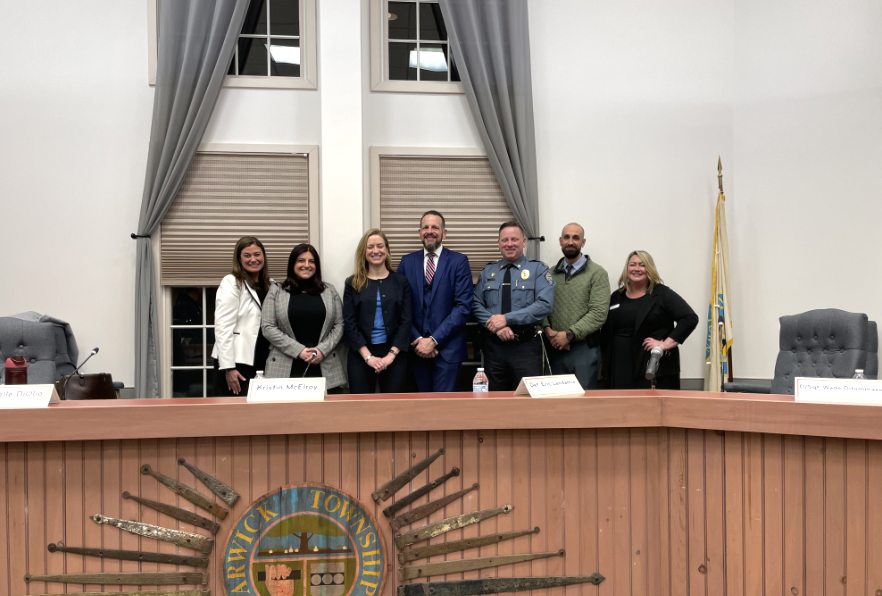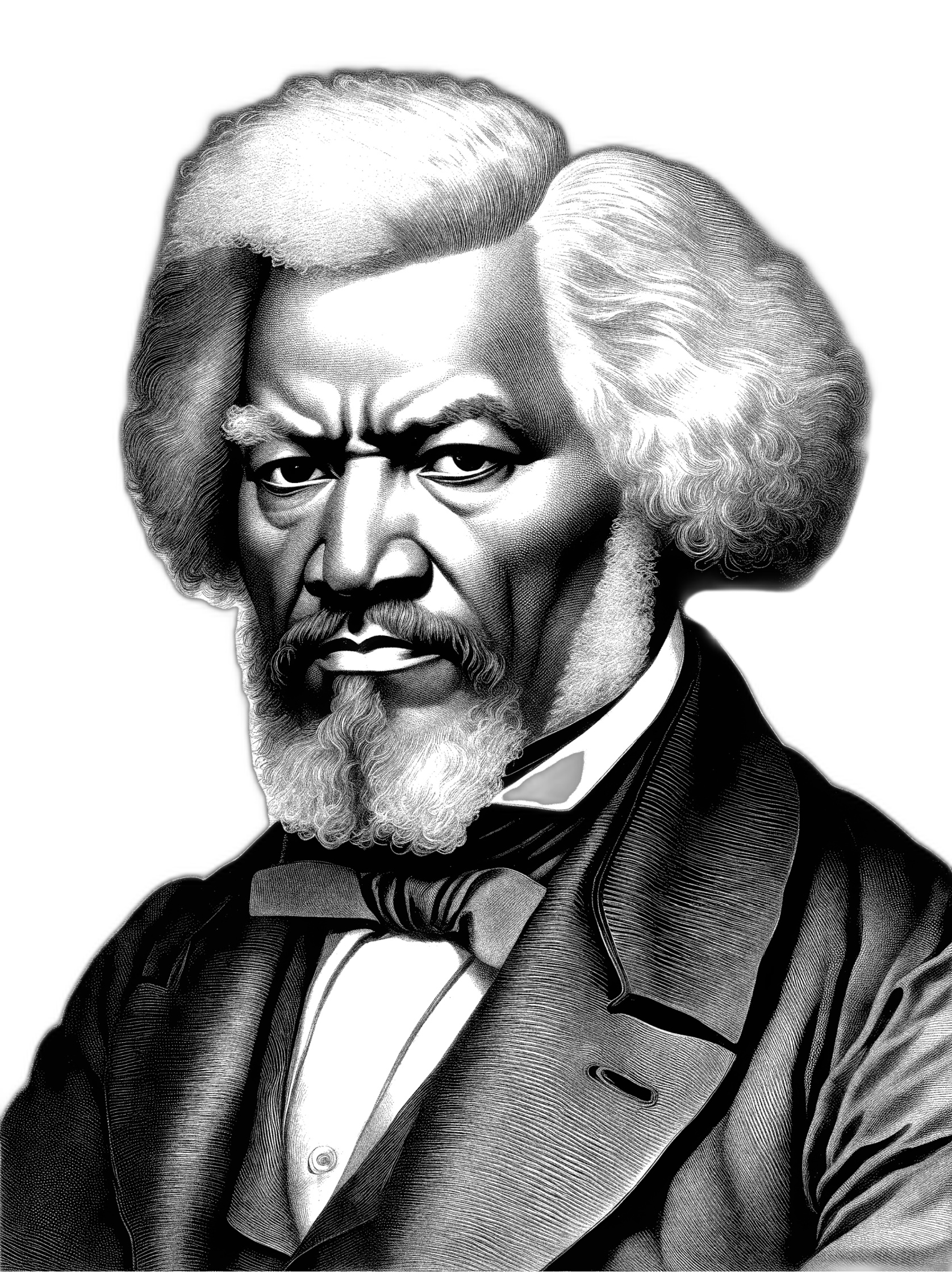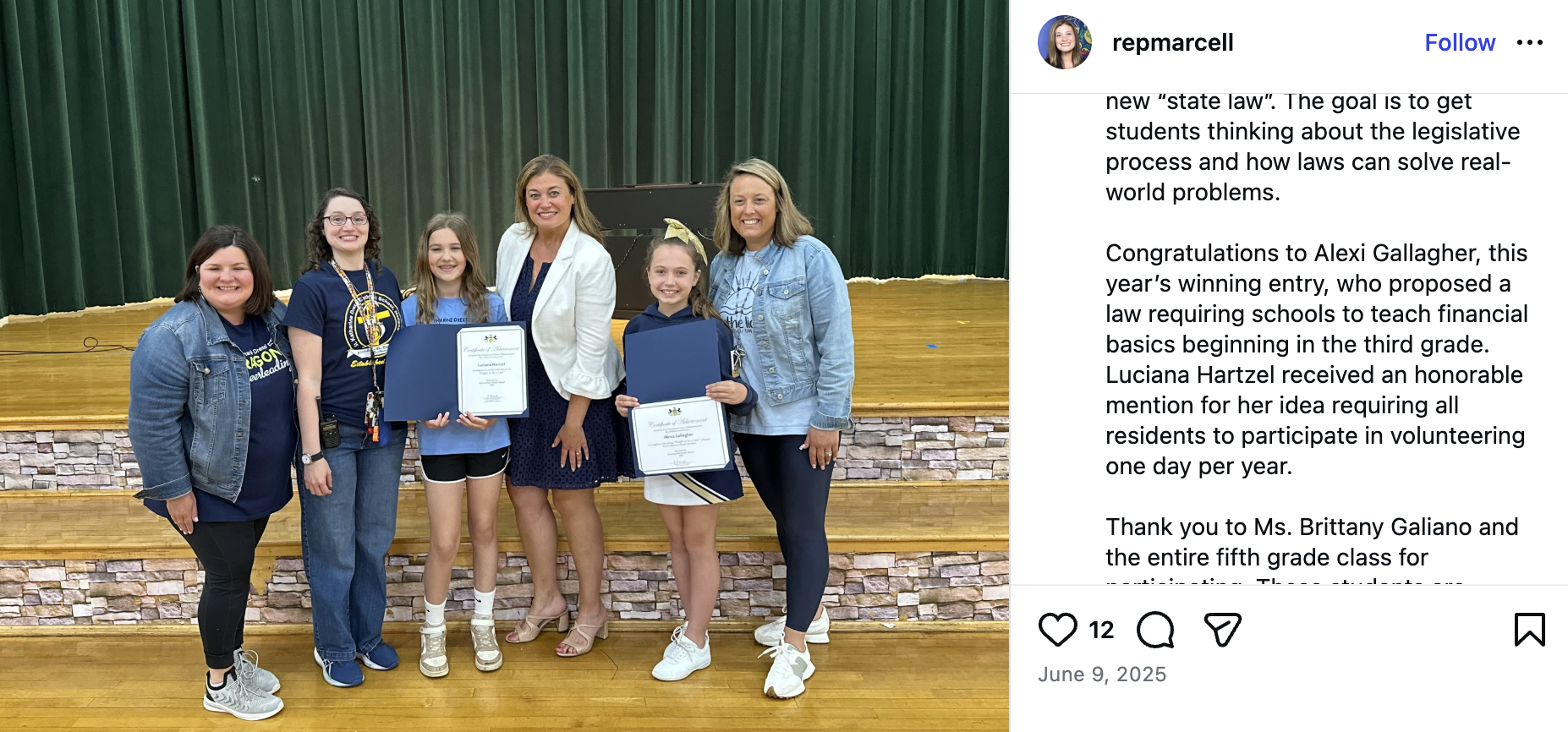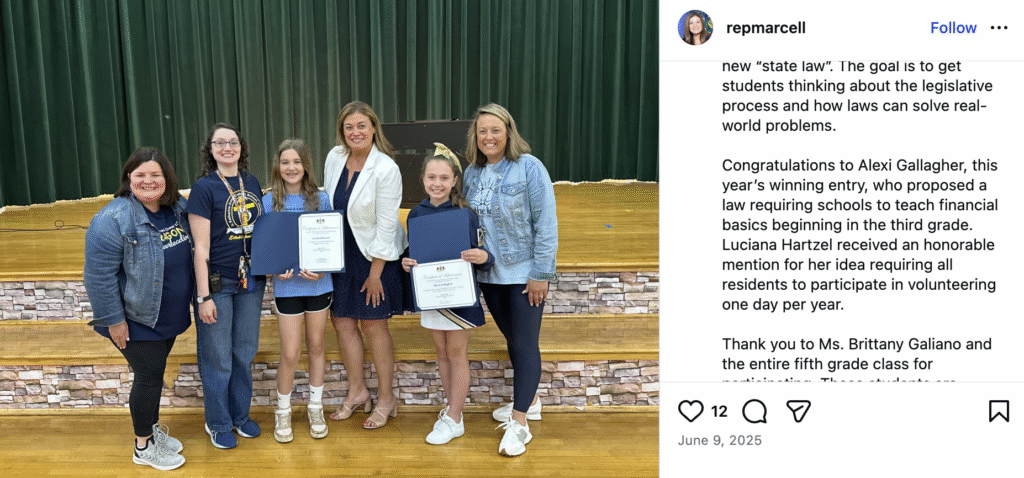Texas Senate Bill Sparks Debate Over Teachers’ Rights and Gender Terminology in Classrooms

A bill advancing through the Texas Legislature is stirring renewed debate over gender identity, free speech, and the rights of public school employees. Senate Bill 810, introduced by Senator Bryan Hughes, seeks to protect teachers and school staff who refer to students or colleagues according to their biological sex, rather than their gender identity.
Coauthored by Senators Bob Hall, Lois Kolkhorst, and Kevin Sparks, the legislation would prevent school districts and open-enrollment charter schools from disciplining or retaliating against employees who use language consistent with a person’s biological sex. The proposed law would apply broadly to all school employees but most commonly affect how teachers interact with students in the classroom.
S.B. 810 received a warm reception in committee, passing the Senate State Affairs Committee unanimously with a 10–0 vote on March 17. It was added to the Senate intent calendar on March 25, signaling it was set for debate on the floor. However, just one day later, it was removed from the calendar, delaying further action.
The reasons for its removal were not disclosed, though such procedural moves are often used when there’s concern over political timing, public pushback, or internal disagreement among lawmakers.
The bill’s supporters frame the legislation as a matter of protecting educators’ rights—particularly those who have personal, religious, or philosophical objections to affirming a student’s gender identity in ways that contradict their biological sex.
In the official statement of intent, the authors explain that a teacher “may have a moral or religious objection to addressing a student in terms inconsistent with the student’s biological sex.” The statement also raises practical concerns, noting the challenges teachers face in navigating the wide range of evolving gender-related terms. “Teachers cannot do their jobs in the classroom and keep up with the language that surrounds each of these categories,” it reads.
By clearly defining the right to use biologically based language, the bill’s sponsors say they hope to ease the pressure on educators and allow them to focus on instruction without fear of punishment for how they speak.
Opponents argue the legislation could create a hostile environment for transgender students, effectively allowing misgendering in classrooms under state protection. LGBTQ+ advocacy groups warn that the bill may increase feelings of exclusion for students who already face higher risks of bullying and mental health challenges.
Critics also express concern that the measure could conflict with existing school district policies aimed at promoting inclusivity and respecting students’ identities, potentially putting Texas at odds with federal guidelines on gender-based protections in education.
S.B. 810 is part of a growing wave of legislation across the country that focuses on how schools approach gender identity. In Texas, a similar measure—House Bill 2342, filed by Representative Briscoe Cain—mirrors the Senate version and is currently under consideration in the House.
Both bills reflect a broader push from some lawmakers to reaffirm traditional definitions of sex in education, often citing concerns over compelled speech, religious liberty, and the complexity of navigating gender terminology in a public institution.
If passed by both chambers and signed into law by the governor, S.B. 810 would take effect immediately, provided it secures a two-thirds majority vote in each house. If not, the legislation would become law on September 1, 2025.
For now, the bill’s momentum is on pause, but the conversation it has sparked—about language, rights, and identity in the classroom—continues. As the legislative session moves forward, Texas lawmakers will ultimately decide where to draw the line between personal conviction and public policy in one of the most closely watched debates in education today.
RECENT










BE THE FIRST TO KNOW
More Content By
Think American News Staff












